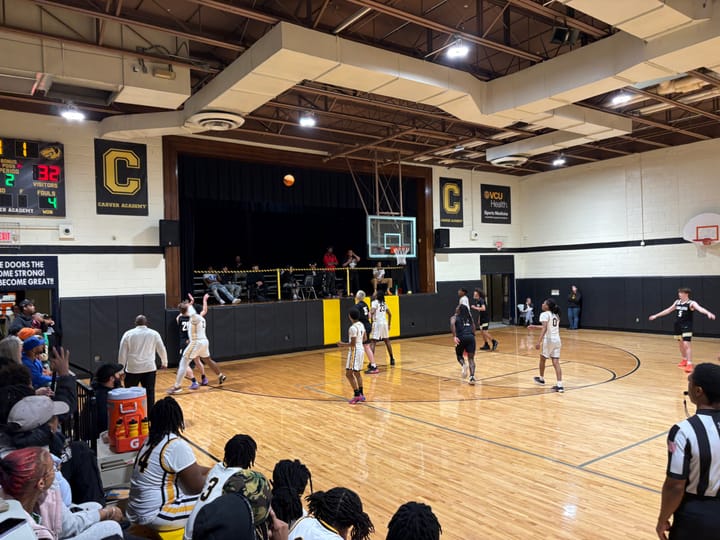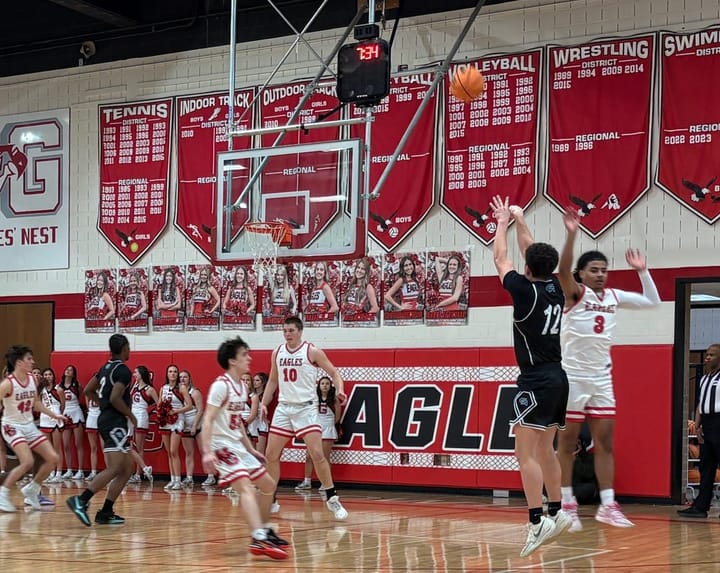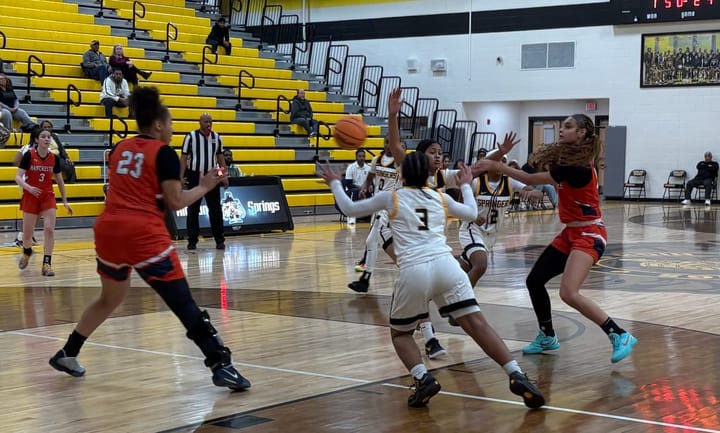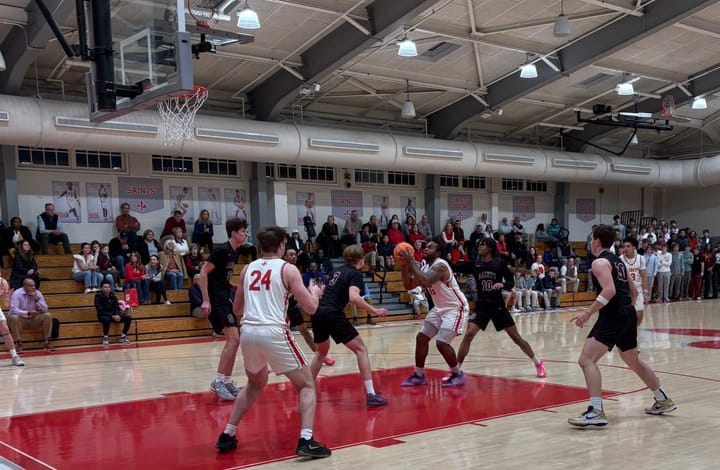'A universal language': Richmond Little League hosts Japanese players in baseball exchange program
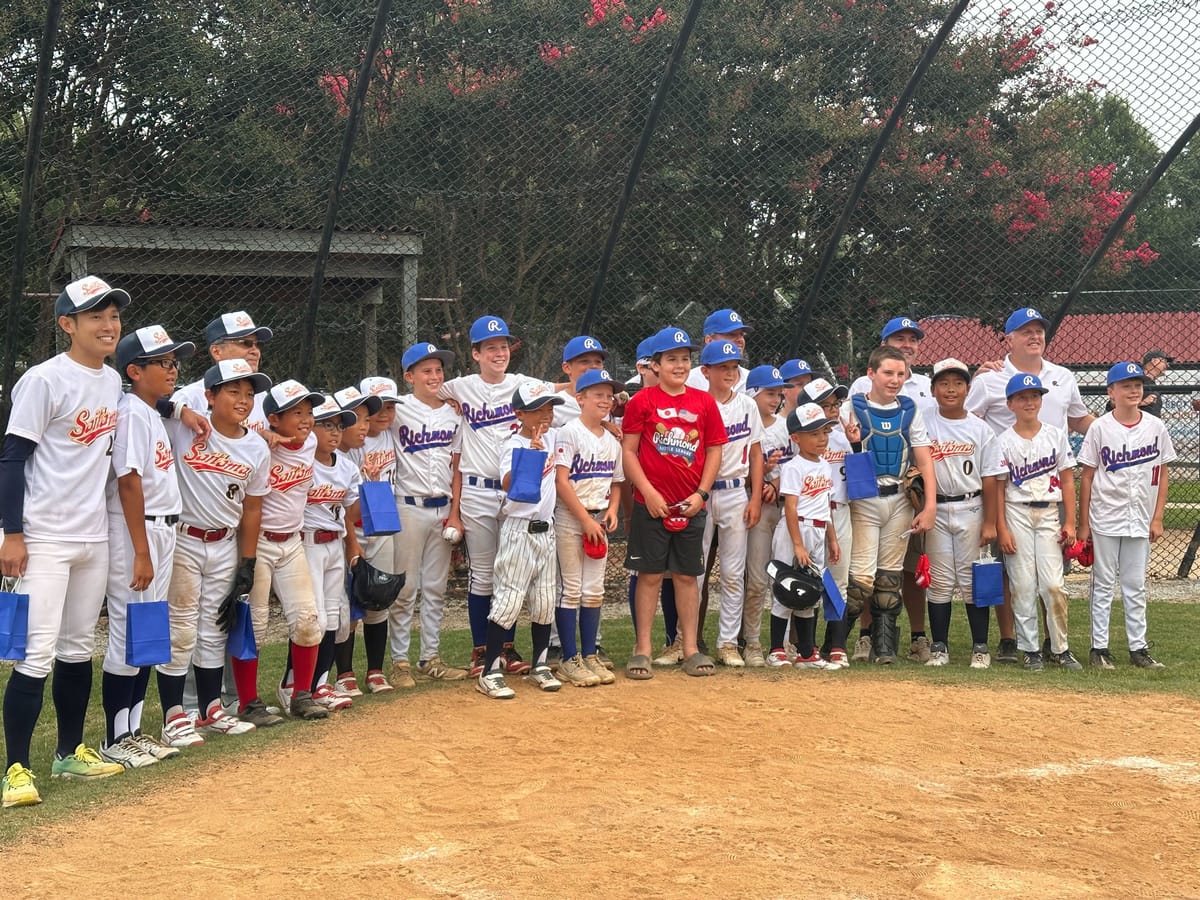
As Ryunosuke Aokia stepped up to the plate, the rest of his team fell silent. Foul ball. Foul ball… Home run. Translator Akiko Akiya muttered under her breath, smiling, “I knew it.”
It was the first home run for his team. Everyone was dancing, and opposing Richmond players high fived a beaming Aokia.
Since 1994, Richmond Little League and its sister city’s team in Saitama, Japan have visited each other every summer, participating in games and cultural activities. The players stay in local homes, watch professional teams play, and most importantly, play and learn together.
The program stalled due to the COVID-19 pandemic, but resumed last year in Saitama. Seven years after their last trip to Virginia, Team Saitama is back in the River City.
Their trip concludes today with a pair of games at 10 a.m. at Byrd Park, followed by a ceremony at City Hall.
What could be a communication challenge, instead runs smoothly. The American kids practice saying “arigato” to their new friends, the Japanese players tell each other “good game.”
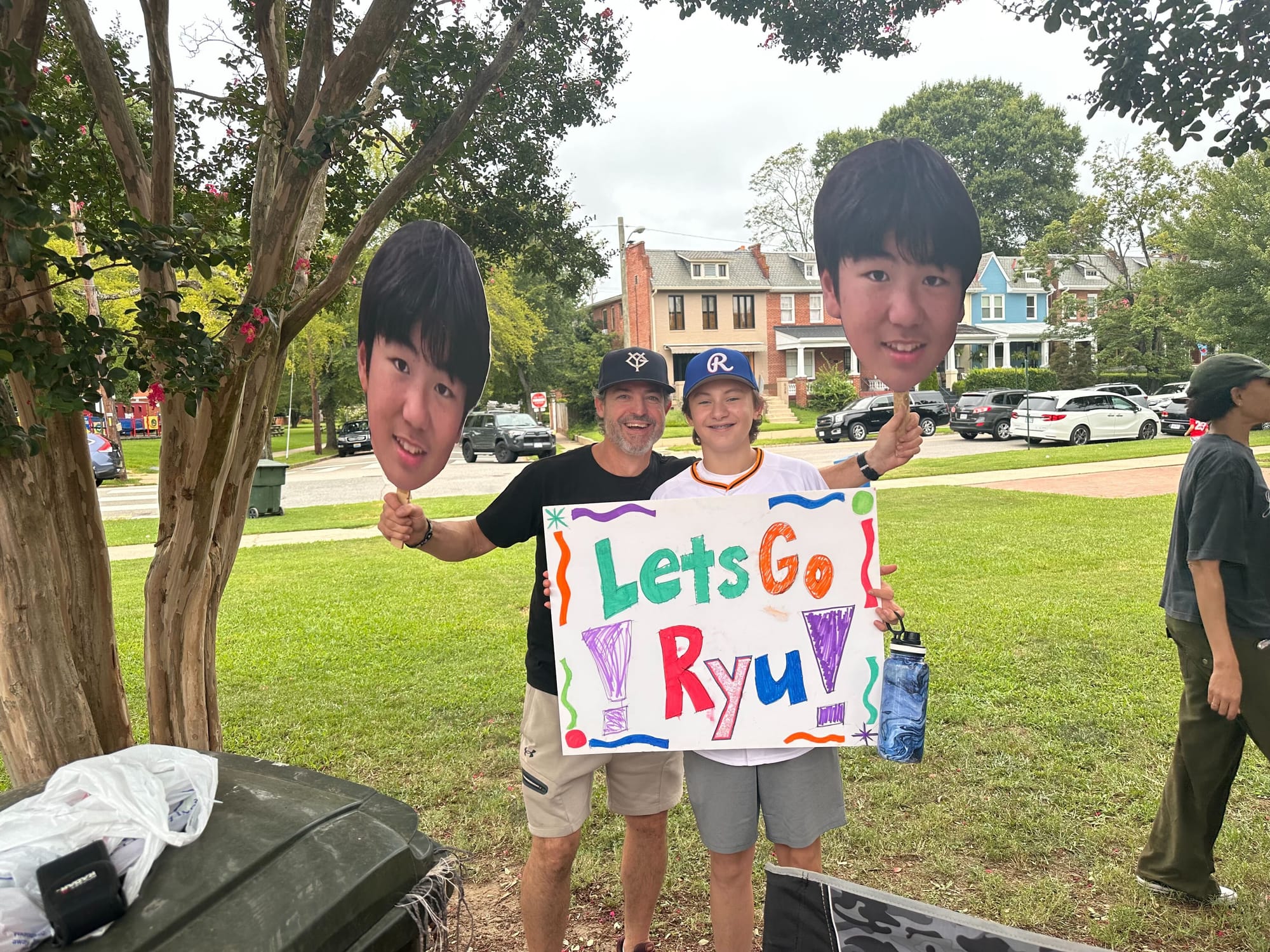
Aokia said his favorite part of the exchange wasn't hitting a home run in the United States, but rather meeting new people.
On the Richmond side, it's 11-year-old Andrew Rotter’s first time participating in the exchange. He's already looking forward to his trip to Saitama next summer.
“It was a really cool experience going into it, meeting all the players and talking to them, and, like, seeing how they're doing and stuff,” Rotter said.
Rotter bonded with one of the Saitama players over their shared love for the Cubs.
“We have a lot of favorite players in common. Yeah, too. So that was pretty cool to like, just like, hang out and talk to them,” Rotter said.
Robby McKetta is the lead delegate on the Richmond side of the operation. He helps plan events, order jerseys and set the schedule. Last year was his first year in the program. He traveled to Saitama with his son, who's on the Richmond team.
“I mean, I couldn't believe it if you told me it was going to happen. So it was an incredible experience last summer,” McKetta said. “I never thought that I'd have the opportunity to visit Japan and to do it in this format with an exchange program, with host families and with my son, who was playing baseball during the trip.”
Since his stay he’s continued to trade emails with the family his son stayed with.
Off the field, translator Akiko Akiya is the “lynchpin” and “most valuable,” according to the American delegation. She translates when the teams need, and is a self described “baseball mom.” Both Akiya’s daughter and son used to play baseball, and her daughter traveled to Richmond to pitch with the team years back.
On the field though, language concerns take a back burner.
“I think we all talk baseball,” McKetta said. “Baseball is kind of a universal language.”
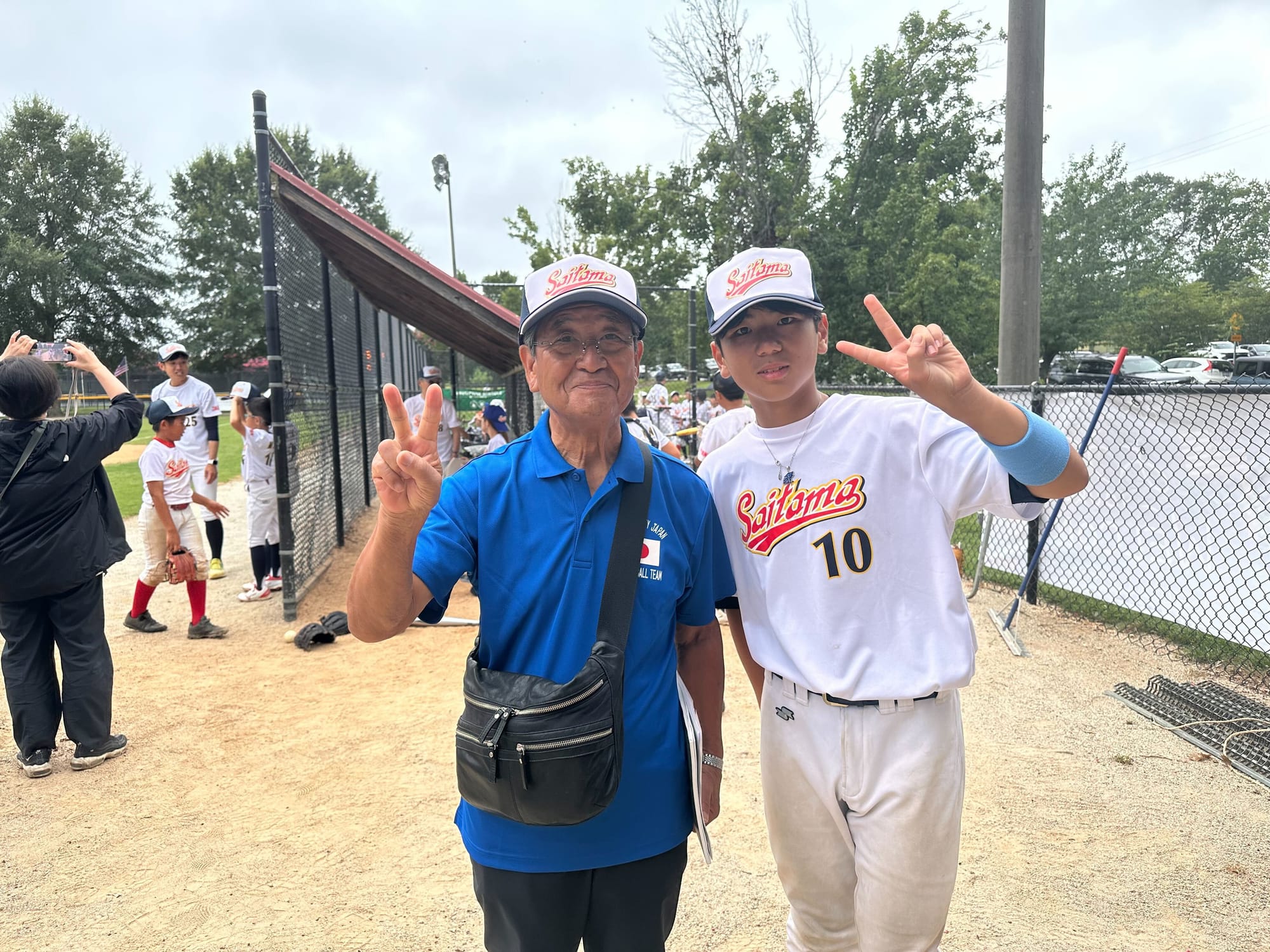
One major adjustment for the Richmond players is the ball. In Japan, most young players play with a rubber ball, called a nanshiki. The team’s last three practices leading up to the games were with nanshiki balls. The biggest challenge is they go a lot further, Rotter said. But, Akiya pointed out, they’re much safer, especially for young children with weaker shoulder muscles.
Another new tradition for the Richmond team is the post-game gift exchange. After lining up and high-fiving each other, with the familiar chorus of “good game," players from each team give their opponents a small gift. Exchanges of “arigato” popcorned from the players. The Japanese players squealed with excitement when their bags revealed American baseball cards and snap bracelets. American players practiced posing with their new Japanese baseballs.
Ask either team’s leadership and they will gush over the other team’s strengths. The American players, said Saitama City Junior Sports Club Chairman Yoshio Hayashi, are so strong, the coaches so positive.
“The biggest lesson I learned through this is the positive attitude of Richmond coaches to the players. They're great, and I'm learning a lot. Very moved by everything,” Hayashi said with Aoki translating. “Formality in Japan is very famous, as you know, but here, it's more fun and he can enjoy these items. It's more fun here.”
As for the Japanese players, “a lot more was expected of them,” McKetta said. “They’re incredible.”
Japanese players acted as base coaches, a responsibility American coaches typically take on for their teams.
The Japanese contingent arrived in Richmond at 5 p.m. on Thursday night. Their week stay is filled with six games, a trip to DC, and a lot of exploring.
Brian Quigley has sat on the board of Richmond Little League since 2017. His oldest son and him participated in the exchange in 2017. The trip inspired him to join the board.
“Just as much fun as playing baseball is the opportunity to see it through your own eyes,” Quigley said.
Quigley described the feeling of going so far from home as “a great life lesson,” especially for players who didn’t know the language or customs before their trip.
“I think a lot of the kids on the trip take that away from it, that, wow, I just went really far and was able to have a great experience, you know, make friends and, you know, do some really neat things in a different part of the world,” McKetta said.
Saturday night as the teams geared up for their third and fourth games of the exchange, after an opening ceremony, Will Paulette prepared to throw the opening pitch.
It wasn’t the first time Paulette took the field with Saitama's team, though. He was part of the inaugural class of the exchange when it began in 1994. Now 31 years later, the cities’ relationship and baseball exchange is still going strong.
Richmond and Saitama’s sister city connection doesn’t stop at baseball. They two cities participate in a teacher exchange and there’s even a sign in Richmond directing passers-by to Saitama.
“Saitama City, Japan,” it reads. “6833 miles.”
Contact reporting intern Juliana Vandermark at jvandermark@richmonder.org.
The Richmonder is powered by your donations. For just $9.99 a month, you can join the 1,000+ donors who are keeping quality local journalism alive in Richmond.


